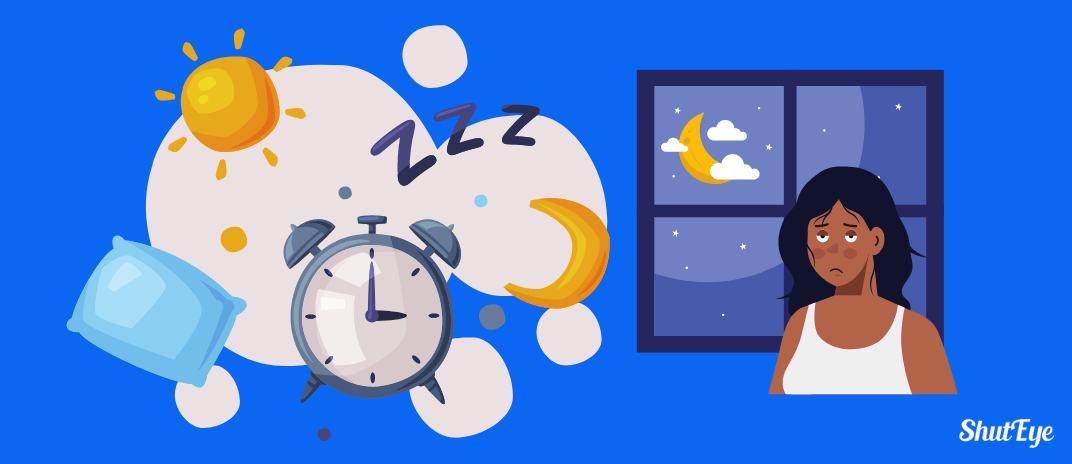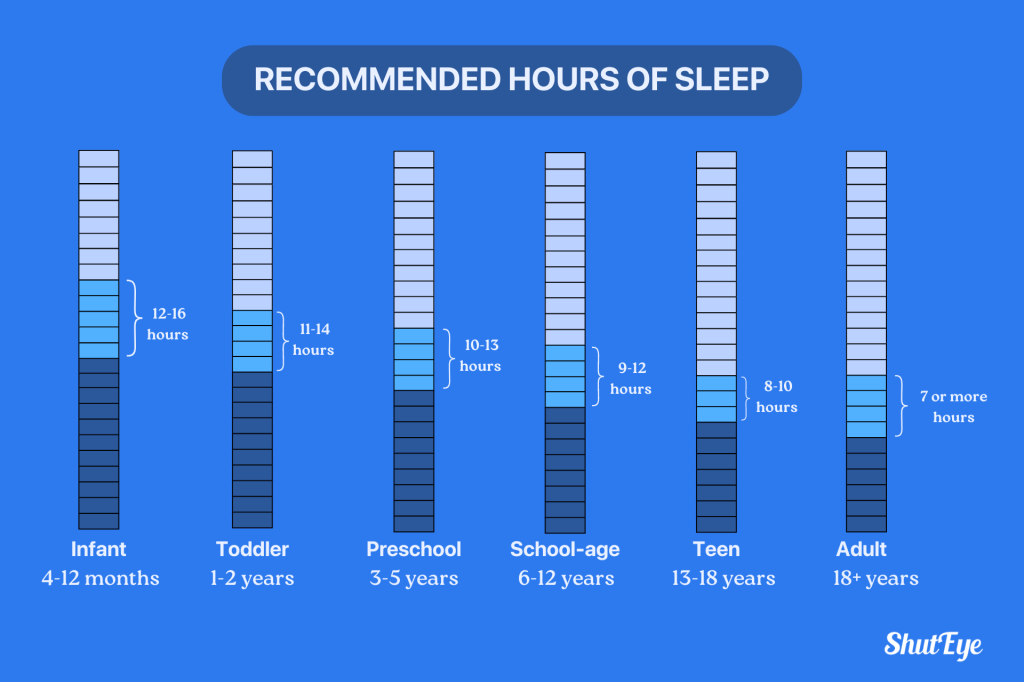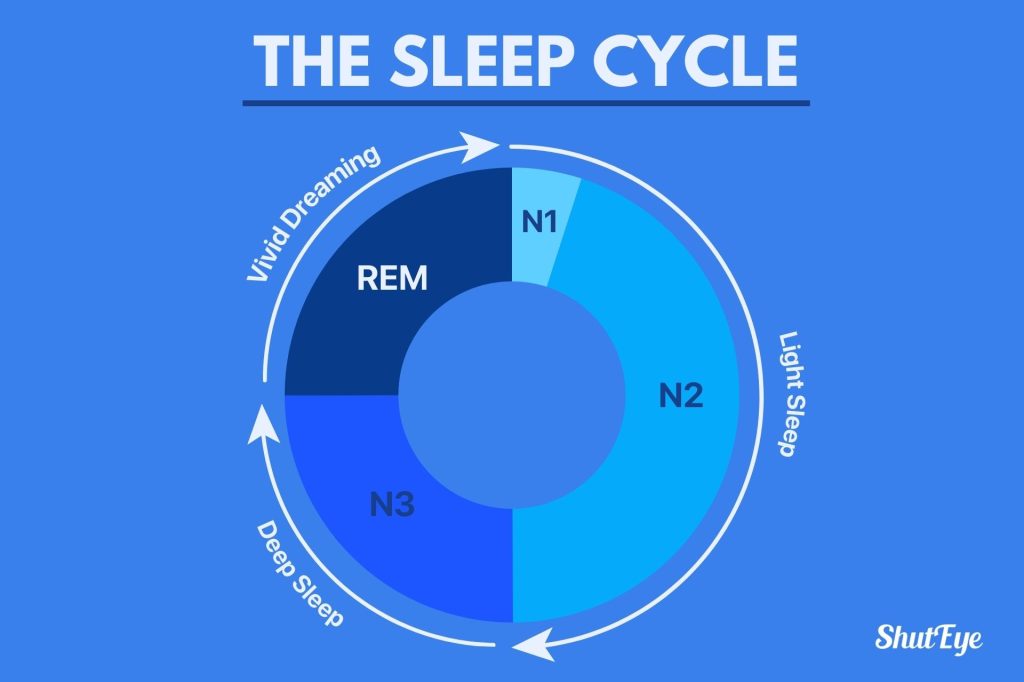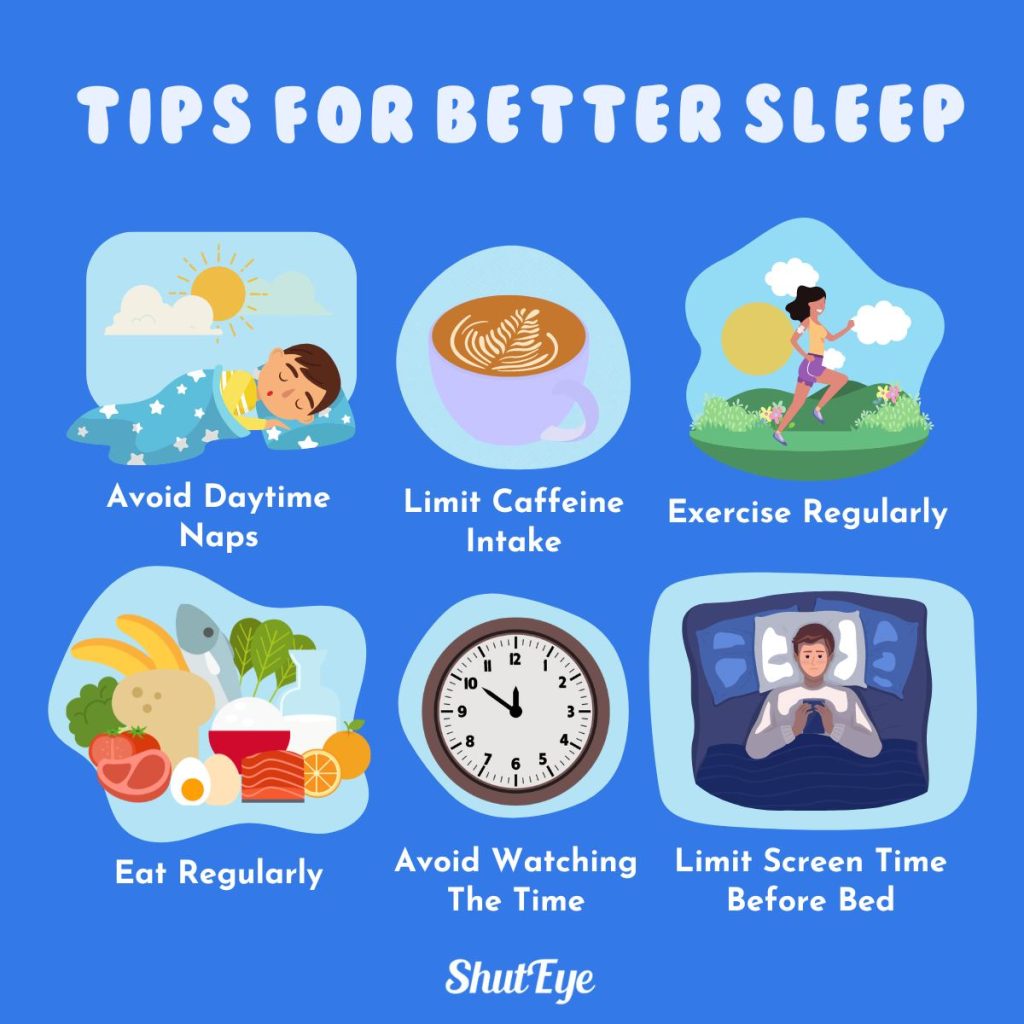


Do you know how much sleep you need? Getting enough sleep is critical to your health in many ways, it can affect your weight and metabolism, and also your brain function and mood. In this article, you will get to know how your sleep cycle works and how to budget enough for sleep by using a sleep time calculator.
What time do you want to go to bed?
What time do you want to wake up?

The amount of sleep required varies significantly across different age groups. During the early stages of life, an infant’s need for sleep is notably high, with recommendations indicating that they may require up to 17 hours of sleep each day.
As children grow and develop, the required sleep duration gradually decreases. For toddlers and preschoolers, the recommended range is typically around 10 to 14 hours per night. As individuals transition into adolescence, the need for sleep stabilizes at around 8 to 10 hours per night.
By the time adulthood is reached, the recommended duration decreases further, with most adults advised to aim for approximately 7 to 9 hours of sleep each night. It’s important to recognize these variations and prioritize age-appropriate sleep patterns to support overall health and well-being.
Babies, young children, and adolescents need more sleep than adults do. However, the exact amount of sleep depends on people’s overall health. Here is the table listed for the recommended daily sleep by different age range:
| AGE RANGE | DAILY SLEEP (HOURS) | |
| NEWBORN | < 3 months | 14-17 |
| INFANT | 4-11 months | 12-15 |
| TODDLER | 1-2 years | 11-14 |
| PRESCHOOL | 3-5 years | 10-13 |
| SCHOOL AGE | 6-13 years | 9-11 |
| TEENAGER | 14-17 years | 8-10 |
| SENIOR | 18-64 years | 7-9 |
| THE OLD | >65 years | 7-8 |
Want to know the exact number of hours you need to increase the quality of your sleep? Use our sleep calculator to see the exact number of hours of sleep based on age.

Everyone’s needs for sleep are different even within the same age group. Some may need 9 hours of sleep to get well rested while others may only need 7 hours.
On average, you may need 10-20 minutes to fall asleep, and it takes about 90 minutes to go through each sleep cycle. Five cycles are about 7.5 hours of sleep a night, while six full cycles are about 9 hours of sleep. Ideally, you usually feel more refreshed when you wake up at the end of a sleep cycle.
Here is the chart of sleep time calculator that helps you to figure out the time you need for a night:
| WAKE-UP TIME (A.M.) | BEDTIME 7.5 HRS (P.M.) | BEDTIME 9 HRS (P.M.) |
| 4:00 | 8:15 | 6:45 |
| 4:30 | 8:45 | 7:15 |
| 5:00 | 9:15 | 7:45 |
| 5:30 | 9:45 | 8:15 |
| 6:00 | 10:15 | 8:45 |
| 6:30 | 10:45 | 9:15 |
| 7:00 | 11:15 | 9:45 |
| 7:30 | 11:45 | 10:15 |
| 8:00 | 00:15 | 10:45 |
Your brain and body will go through a different cycle of sleep when you fall asleep, and each cycle includes five distinct stages. Stages 1 through 3 are non-rapid eye movement sleep stages. In the non-REM sleep phase, the brain solidifies recently acquired memories and skills. After NREM sleep our bodies go into REM cycle.
On average, it takes you roughly 90 minutes to go through each cycle.

Learn more about sleep stages:
To improve your sleep hygiene, you’d better revamp your habits and routines every day. Here are some ways to improve your sleep quality:

Having a consistent schedule with enough time for sleep is vital to enhance your sleep hygiene, while the sleep time calculator can help you establish a bedtime and wake-up time. Finding the right recipe for sleep hygiene would involve certain trial-and-error, however, it would help to determine what works for you exactly.
National Heart, Lung, and Blood Institute. "How Much Sleep Is Enough?" NIH, 10 March 2023, www.nhlbi.nih.gov/health/sleep/how-much-sleep.
Let Me Sleep! Why Teens Need More Sleep, and How Policy Could Help. https://www.rand.org/content/dam/rand/pubs/tools/TLA300/TLA387-1/RAND_TLA387-8.pdf